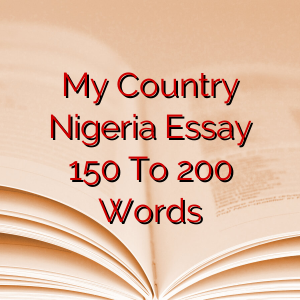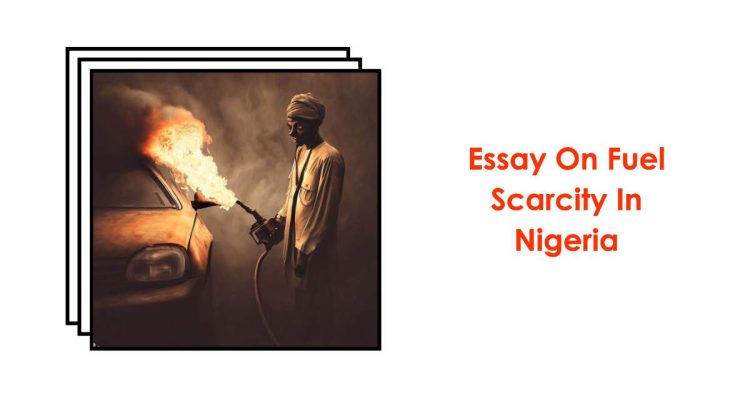Essay on Democracy in Nigeria | Challenges and Prospects
Nigeria, a federal democratic nation modeled on the United States, stands as Africa’s most populous country and largest economy. Despite these significant attributes, the journey towards a robust democracy in Nigeria encounters numerous impediments at all government levels. These challenges range from intense political rivalry, and communal and ethnic discord, to a pressing lack of transparency in political life.
Democracy in Nigeria Essay | Challenges and Prospects
Historical Impediments to Democracy
At the core of Nigeria’s ongoing struggle for political inclusion lies its complex founding history. The country’s origins can be traced back to its establishment as a profit-driven entity by an imperial European power, which unfortunately overshadowed the aspirations and desires of its diverse population. Since gaining independence in 1960, Nigerian administrations have been grappling with the monumental task of building public trust and fostering equitable distribution of power and benefits among the various ethnic, religious, and linguistic communities that make up the nation. This multifaceted challenge requires continuous efforts and thoughtful considerations to create a truly inclusive and harmonious society for all Nigerians.
Disillusionment
with Electoral Processes
Recent national and state-level elections, despite the high hopes for increased voter participation and transparent election results, unfortunately, fell short of delivering on these promises. As a result, there has been a widespread sense of disappointment among Nigerians, who are now questioning the effectiveness and integrity of Nigeria’s electoral processes. It is crucial to address these concerns and work towards implementing reforms that restore faith in the democratic system and ensure fair and trustworthy elections for all citizens. Only by doing so can we strengthen our democracy and uphold the principles of transparency and accountability.
The Power of Youth in Fostering Democracy
Despite the numerous challenges, Nigeria’s unwavering commitment to democracy shines through, especially fueled by the country’s vibrant youth, who make up approximately 70% of the population. This emerging generation seems to herald the arrival of a new era, as they vociferously advocate for transparency and integrity in political affairs, hinting at the possibility of a transformative shift in Nigeria’s democratic landscape. Their collective voice resonates with hope and the promise of a brighter future, where the principles of democracy are upheld with unwavering dedication.
Conclusion
In conclusion, Nigeria’s democracy may be fraught with challenges, but its relentless pursuit of democratic ideals and political inclusivity inspires many. This struggle is not just Nigeria’s; it has continental implications and the potential for setting democratic precedents in neighboring countries. Therefore, the international community must pay close attention to Nigeria’s democratic journey, recognizing its broader significance within the African context. Despite the challenges, Nigeria, through its youthful demographic, offers a beacon of hope for the transformation and strengthening of its democratic institutions.

Hello! Welcome to my Blog StudyParagraphs.co. My name is Angelina. I am a college professor. I love reading writing for kids students. This blog is full with valuable knowledge for all class students. Thank you for reading my articles.




